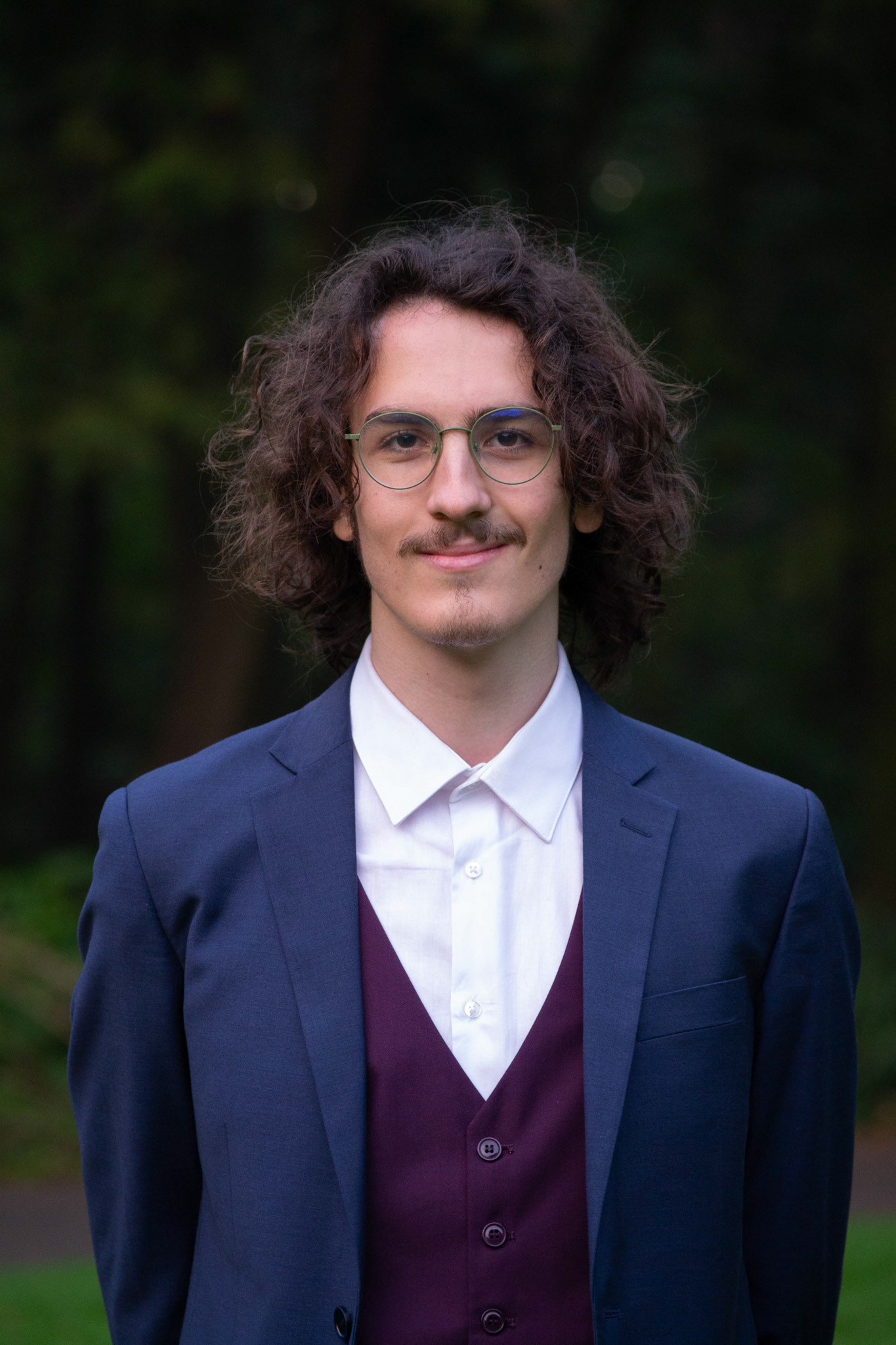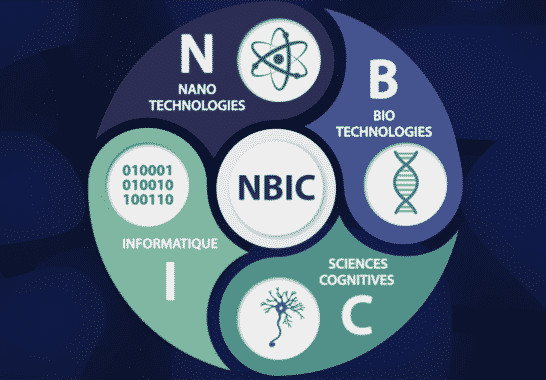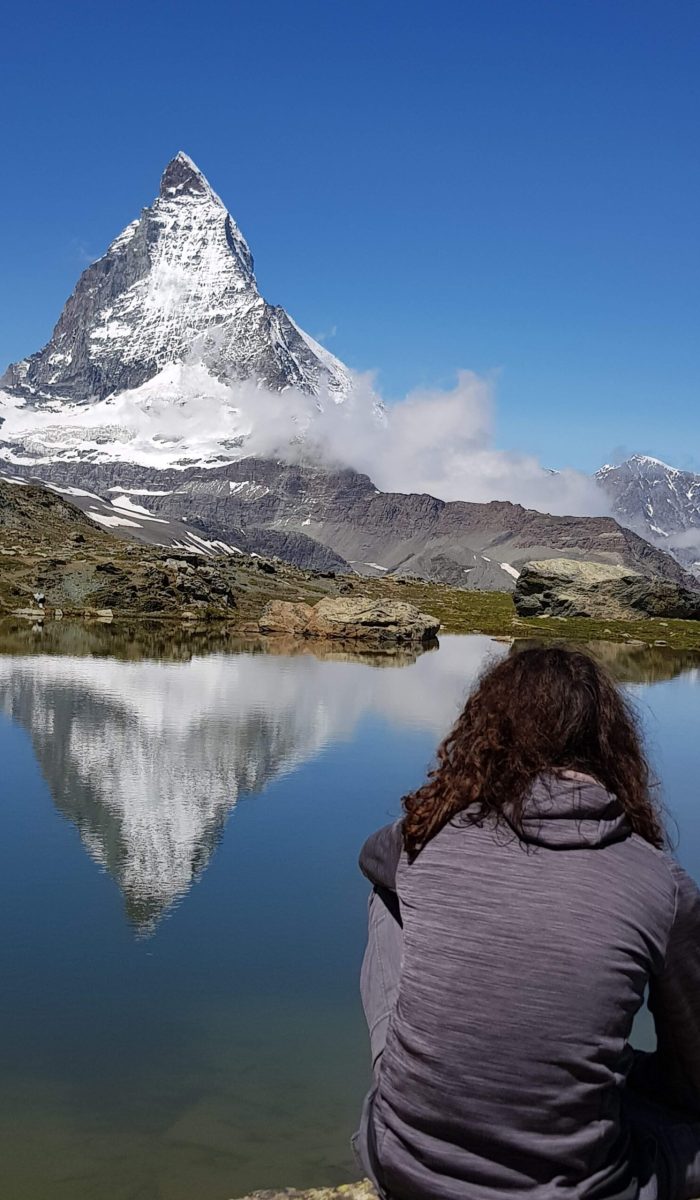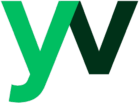Yesse Works With...
Personal Identity
Hi there! I’m Yesse, and currently finishing up my second year as a bachelor student in Industrial design at the Eindhoven University of Technology (TU/e).
As a designer, I believe that designers have a duty to better the world they design for. I am assertive, meaning I push for progress not just to complete tasks, but to ensure our outcomes serve real needs and make a positive impact. Within projects, I can also facilitate discussion, and I’m not afraid to express my likes and dislikes. I am also adaptable, meaning depending on the roles fulfilled in the project, I can easily fulfil and change roles as need be. I am efficient, which means I can work well under time-stress and difficult conditions to produce quality work in quick time. The downside of this is that I sometimes take up more work than I should, either because of frustration with the quality I see produced, or because of my broad passions that make me want to invest time in more work. I have improved my skills of delegation in recent projects since I’ve become aware of this issue. But I still find myself struggling with it.
I can debate for designs, which means I can present and argue for design decisions well. But this also means that when I’m present in teams with others who don’t have debate experience, I can tend to control the direction of the project. This has been a subject of personal improvement in projects like CBL3, and is something I have grown to work better with. Ensuring there is space for all ideas though there is still room for improvement.

Vision
We exist at a turning point in history, where major shifts are occurring globally both politically; through increasing division between nations, and within nations through polarization[1,2], economically; through increasing disparities between people while tensions impact prosperity [2,4], and technologically; where disruptive technologies (particularly the NBIC technologies) are developing with increasing pace [1,3].
Designers are uniquely positioned to contribute to solutions to these fundamental societal shifts, as they are able to research for, and produce interventions that can directly be deployed into a society. It is for this reason, that fields such as Social Design are so vital. There is also another element where designers can contribute to a better world. Designers can empowers people within societies to change the world they live in. This can be done by taking their input on topics that affect them, or by involving them within the design process itself.
It is the duty of designers, in any field, to contribute to a better world. At times as important as these, the collective effort to capture the wave of potential and propel us forward is vital. If it is missed, we stand to be knocked down by that same wave. While these changes, and our growing awareness to these changes, can be a start to a better world, it should not be ignored that they pose a significant risk to the world.
In particular, designers should seek to capture these changes, and transform them into tools through which members within a society can see their lives improved. Especially if the design assists them in personally developing as people, since those tend to be the most useful designs.

[5]

Goals
- Involve user studies in a future project (likely FBP). This would include a study, including 5+ participants, each with a 10 minute minimum participation time. In addition to a larger scale study, including 15+ participants, each with a 2 minute minimum participation time. The studies should be completed before the end of my study, and include a mix of both qualitative and quantitative questions.
- Do an internship at a design-research company for a minimum of 4 months OR participate in a minor related to human geography to gain 25 ECTS (the reason for which being a lot of the design research firms I’ve looked into contain a multidisciplinary team. Usually with anthropologists and designers. Human geography is a subject I am already passionate about and can act as the bridge between the two subjects, giving me a unique skillset for my desired field.)
- In the next group project (Intelligent Interactive Products), try only adding on to other ideas (yes, and approach) without shutting down anything outright. Once this is done, evaluate the approach, and write a 500 word minimum reflection on it.
- For the next group project where you are leading a team, delegate tasks until you feel there is an equal distribution of workload. If team members do not complete their portion, try confronting them about it and see what result it brings. Write a 500 word minimum reflection about it after the project to review how you experienced it.
References
[1] R. Portes and A. Scott, “‘We’re at a turning point in history,’” London Business School, Jun. 09, 2022. https://www.london.edu/think/were-at-a-turning-point-in-history (accessed May 20, 2025).
[2] J. Seong, O. White, M. Birshan, S. Smit, C. Lamanna, and T. Devesa, “Geopolitics and the geometry of global trade: 2025 update,” McKinsey & Company, Jan. 27, 2025. https://www.mckinsey.com/mgi/our-research/geopolitics-and-the-geometry-of-global-trade-2025-update
[3] M. Roser, “Artificial intelligence is transforming our world — it is on all of us to make sure that it goes well,” Our World in Data, Dec. 15, 2022. https://ourworldindata.org/ai-impact
[4] J. Myers, “These charts show the growing income inequality between the world’s richest and poorest,” World Economic Forum, Dec. 10, 2021. https://www.weforum.org/stories/2021/12/global-income-inequality-gap-report-rich-poor/#:~:text=The%20latest%20World%20Inequality%20Report%20highlights%20the%20extent,to%20tackle%20income%20inequality%2C%20the%20report%27s%20authors%20argue. (accessed May 20, 2025).
[5] “Convergence NBIC : vers une domination totale de la nature par la technologie – Greenwashing Economy,” Greenwashing Economy, May 03, 2022. https://greenwashingeconomy.com/convergence-nbic-domination-totale-nature-par-technologie/ (accessed May 20, 2025).
